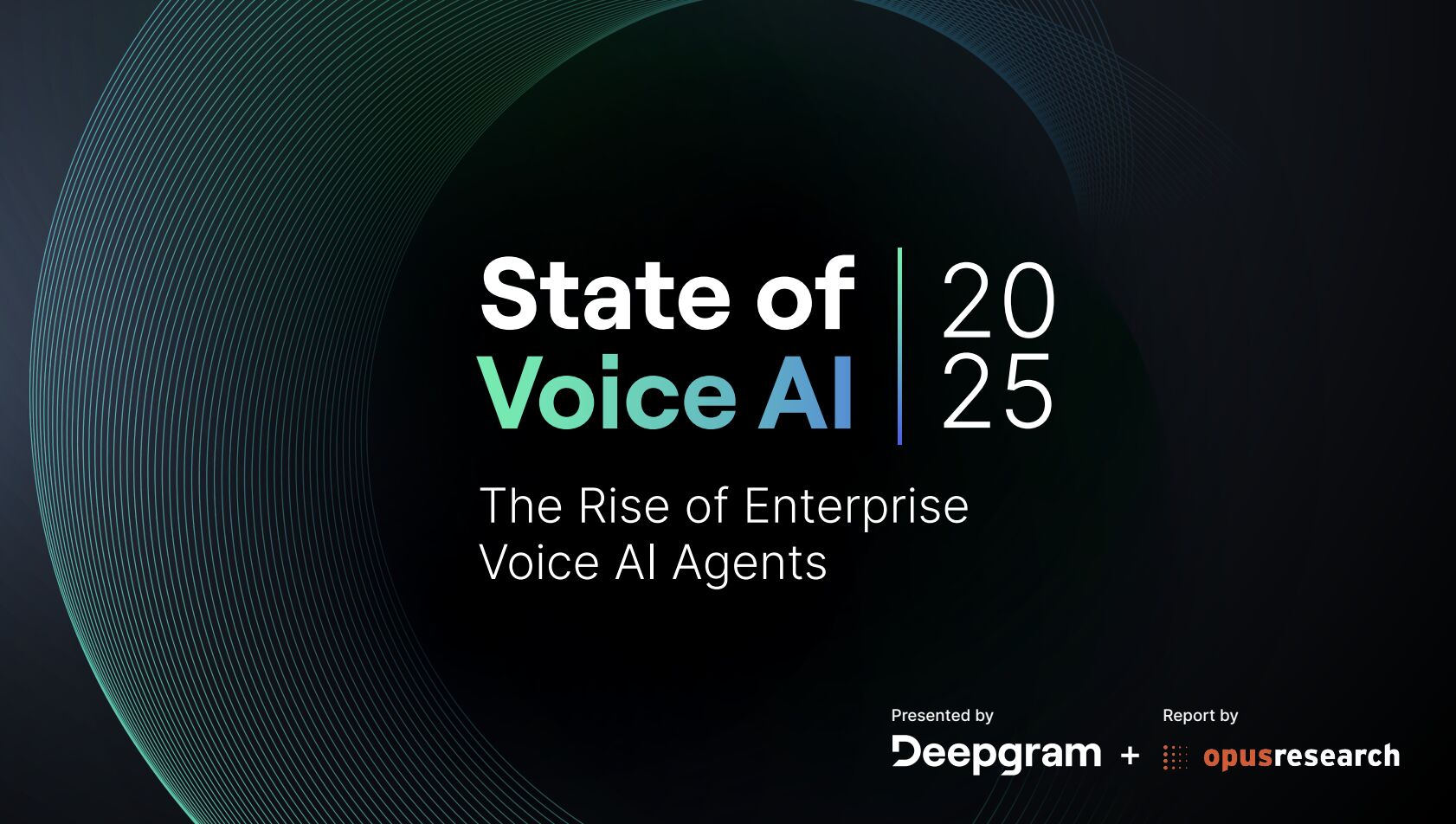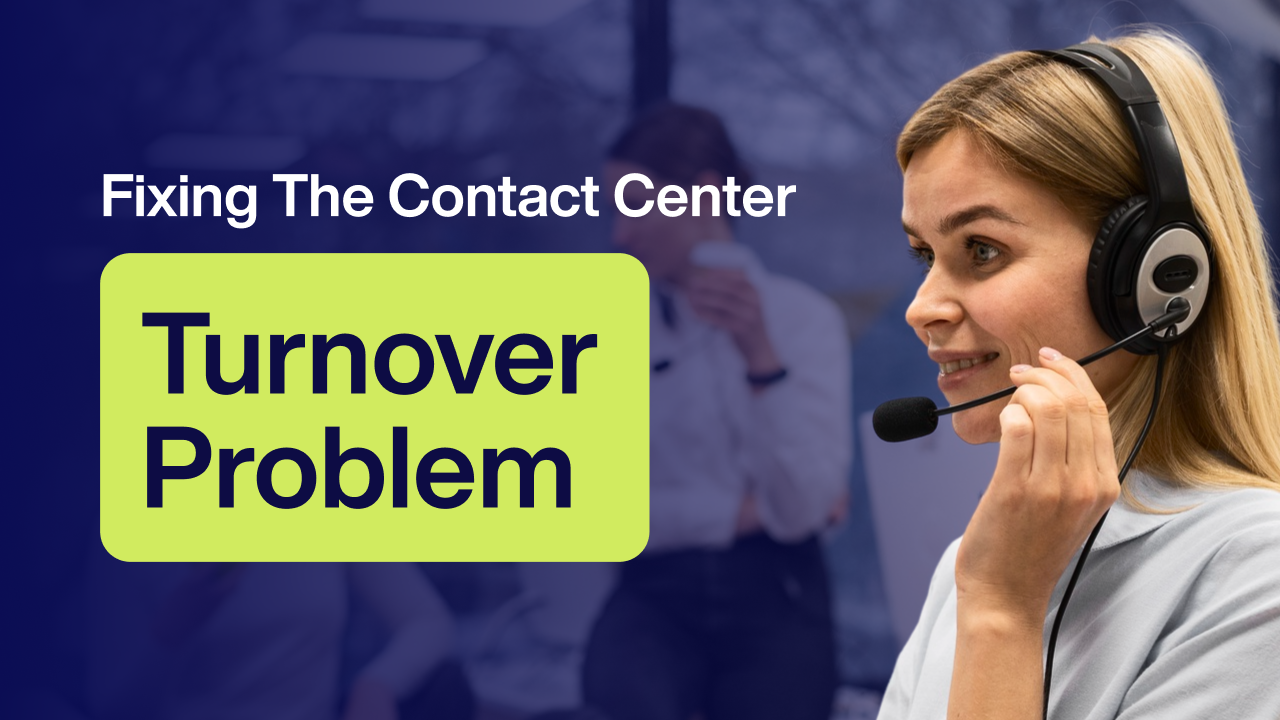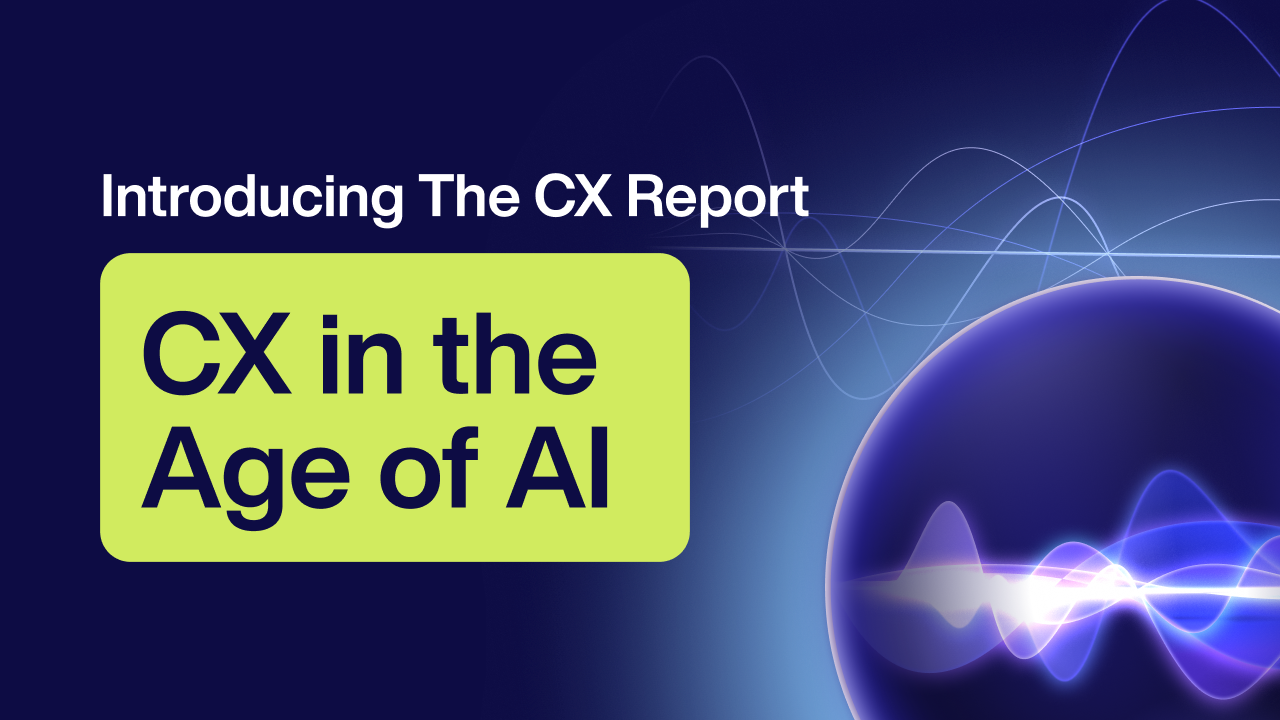The Role of Family in Geriatric Care: How FQHCs Support Caregivers

Introduction
Federally Qualified Health Centers (FQHCs) serve aging populations, but family caregivers—often critical to geriatric care—face significant burdens, with 60% reporting stress and 40% struggling to navigate healthcare systems (NACHC, 2024). Unsupported caregivers lead to worse patient outcomes, increasing hospital readmissions by 25% and straining FQHC resources. Artificial intelligence (AI) empowers FQHCs to support caregivers by streamlining communication and providing tailored resources, reducing caregiver stress by 20-30% and improving patient adherence by 15%. Benefits include enhanced care quality, cost savings, and stronger community trust. This article explores two AI-driven features—automated caregiver support coordination and predictive caregiver burden analysis—supported by real-world examples. The result? FQHCs bolster family caregivers, ensuring better geriatric care and sustainable operations for underserved populations.
1: Automated Caregiver Support Coordination
A key AI feature for supporting caregivers in FQHCs is automated caregiver support coordination, a process that simplifies access to resources and care plans. Caregivers juggle medical appointments, medications, and emotional support, with 50% reporting inadequate guidance from providers (HIMSS, 2024). This leads to errors, like missed doses, and caregiver burnout. AI uses machine learning (ML) to analyze patient and caregiver needs, delivering personalized resources—such as medication reminders, support group links, or telehealth options—via apps, texts, or portals.
For example, AI can send a caregiver a schedule for a senior’s diabetes checkups, including nearby clinic details, boosting adherence by 20% (AHA, 2024). A 2024 McKinsey study found that automated coordination reduced caregiver stress by 25% and cut patient ER visits by 15%. For FQHCs, this aligns with HRSA’s focus on comprehensive care, ensuring Medicare reimbursements ($150-$200 per visit).
The people impact is transformative. Staff, facing shortages (70% of FQHCs, NACHC, 2024), save 8-10 hours weekly on manual coordination, easing burnout—65% report higher satisfaction with AI tools (HFMA, 2024). Clinicians see better patient outcomes, strengthening trust. Caregivers feel empowered, with confidence rising 22%, vital for underserved families.
The result is clear: reduced stress, improved care, and savings ($30,000-$60,000 per FQHC annually). Automated coordination supports caregivers, enhancing geriatric care and financial stability.
2: Predictive Caregiver Burden Analysis
Another vital AI feature is predictive caregiver burden analysis, a process that identifies caregivers at risk of burnout and recommends interventions. Caregivers face physical and emotional strain, with 45% showing signs of depression or anxiety, impacting patient care (HFMA, 2024). AI analyzes caregiver interactions, patient complexity, and SDOH to predict burden levels and suggest support, like respite care or counseling referrals.
For instance, AI can flag a caregiver managing dementia and heart failure for a support group, reducing stress by 20% (AHA, 2024). A 2024 HIMSS study showed predictive analysis cut caregiver dropout by 25% and improved patient follow-up by 18%. For FQHCs, this supports value-based care, reducing readmissions and securing quality bonuses.
The people benefit is significant. Clinicians, overburdened (70% report burnout, AMA, 2024), receive alerts to support struggling caregivers, streamlining interventions. Social workers focus on high-risk cases, with 60% reporting less stress (HIMSS, 2024). Caregivers gain resilience, with satisfaction up 20%. Administrators ensure HRSA compliance, boosting grant prospects tied to community support.
The outcome is compelling: sustained caregiving, fewer complications, and savings ($25,000-$50,000 per FQHC). Predictive analysis strengthens caregiver support, ensuring better geriatric outcomes and equity.
3: Real-World Examples
Real-world cases highlight AI’s impact. Unity Health Care, a Washington, D.C., FQHC serving 100,000 patients, used automated caregiver support coordination for Medicare seniors. AI delivered tailored resources, increasing appointment adherence by 22% and cutting readmissions by 15%. Savings reached $50,000, and caregiver stress fell 28%. Patient satisfaction rose 20%, and staff saved 10 hours weekly, easing burnout by 18%. Unity’s case proves coordination’s role in care and costs.
In California, La Clinica de La Raza adopted predictive caregiver burden analysis. AI identified 2,000 high-risk caregivers, connecting them to counseling, reducing burnout by 25%. Patient outcomes improved—hypertension control rose 15%—and savings hit $40,000. Quality scores increased 18%, securing $700,000 in grants. Caregiver confidence grew 22%, showing analysis’ health and funding benefits.
A Michigan FQHC network combined both AI features, targeting 50% caregiver disengagement. Coordination boosted adherence to 80%, and burden analysis cut ER visits by 12%. Revenue rose $80,000, and staff morale improved 20%. These results, backed by a 2024 NACHC report showing AI reduced caregiver stress by 20-30%, demonstrate clear benefits: better care, reduced costs, and stronger communities.
Conclusion
Supporting family caregivers is essential for geriatric care, and AI empowers FQHCs to succeed. Automated caregiver support coordination improves adherence by 20-22%, and predictive burden analysis reduces stress by 25%, saving $25,000-$80,000 per FQHC. Real-world successes—Unity’s $50,000 savings, La Clinica’s $700,000 grant, and a Michigan network’s 80% adherence—prove impact. These tools enhance outcomes, ease staff strain, and ensure equity, aligning with HRSA goals. As aging populations grow, AI-driven caregiver support is critical. FQHCs must act to strengthen families and transform care.
Don’t let caregivers struggle alone. Assess your FQHC’s support gaps today and adopt AI-driven coordination and burden analysis to enhance geriatric care. Start now for healthier seniors and communities.
References
- National Association of Community Health Centers (NACHC), 2024 Report
- Healthcare Information and Management Systems Society (HIMSS), 2024 Study
- Healthcare Financial Management Association (HFMA), 2024 Survey
- American Hospital Association (AHA), 2024 Report
- McKinsey & Company, 2024 Healthcare Caregiver Study
- American Medical Association (AMA), 2024 Burnout Study
No Spam —
Just Good Stuff.
Join our newsletter for actionable advice, insider knowledge, and strategies that drive real results.
No fluff, just value.
%20(1).png)

.png)


























































































.png)
.png)
.png)



.png)
.png)
.png)
.png)